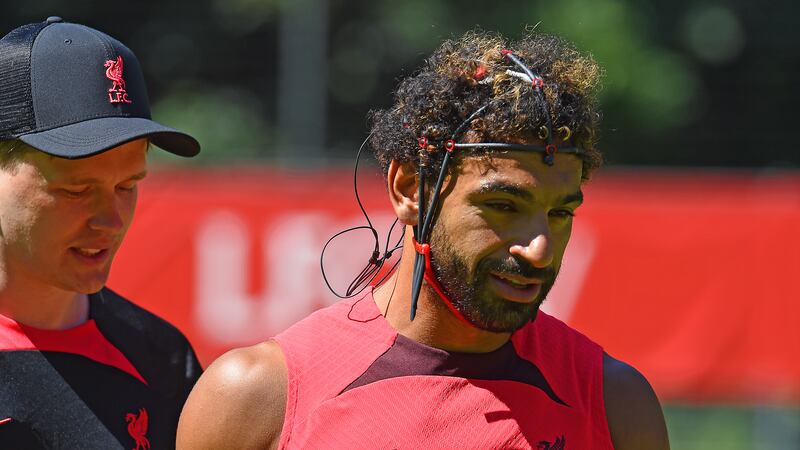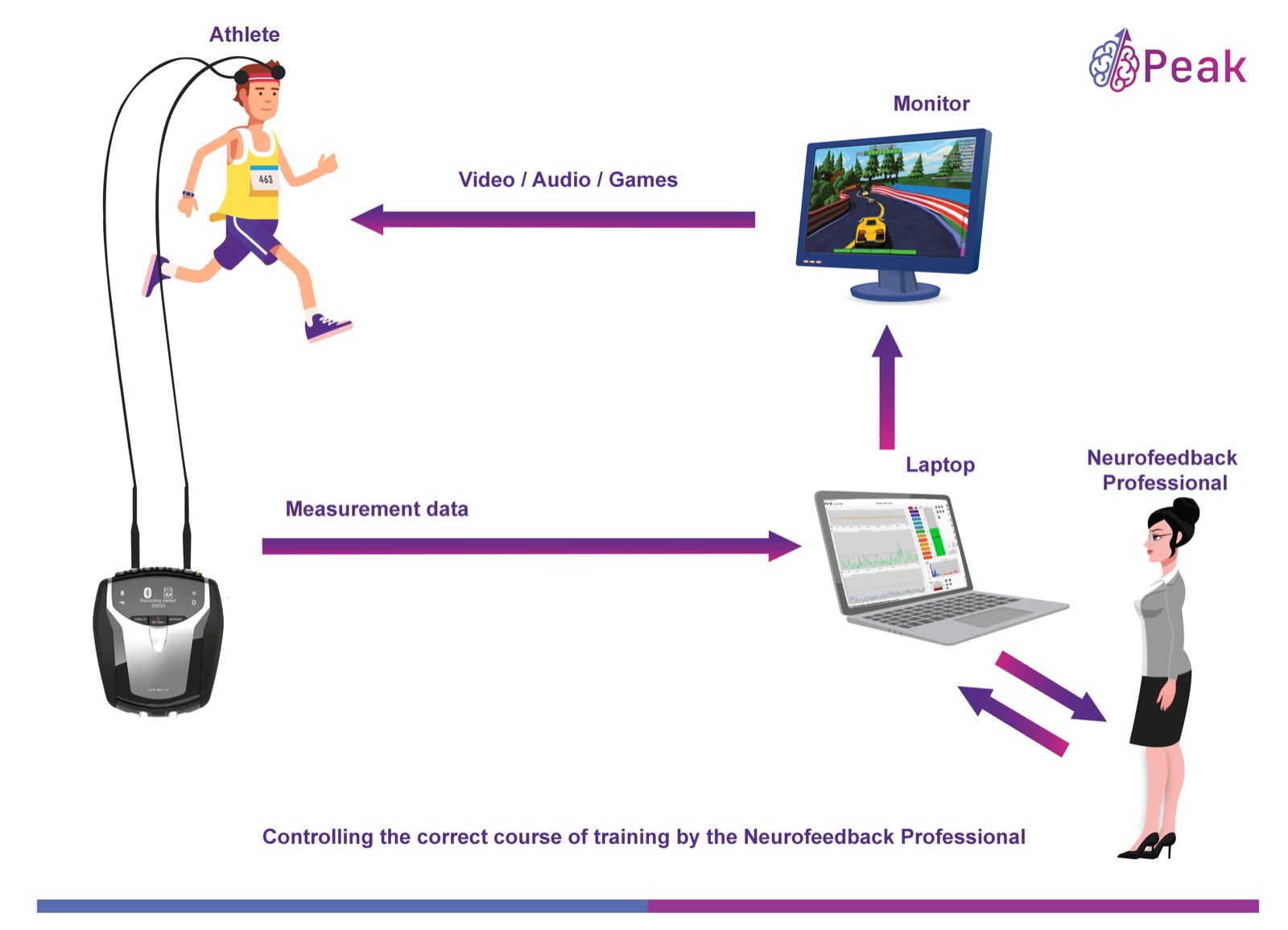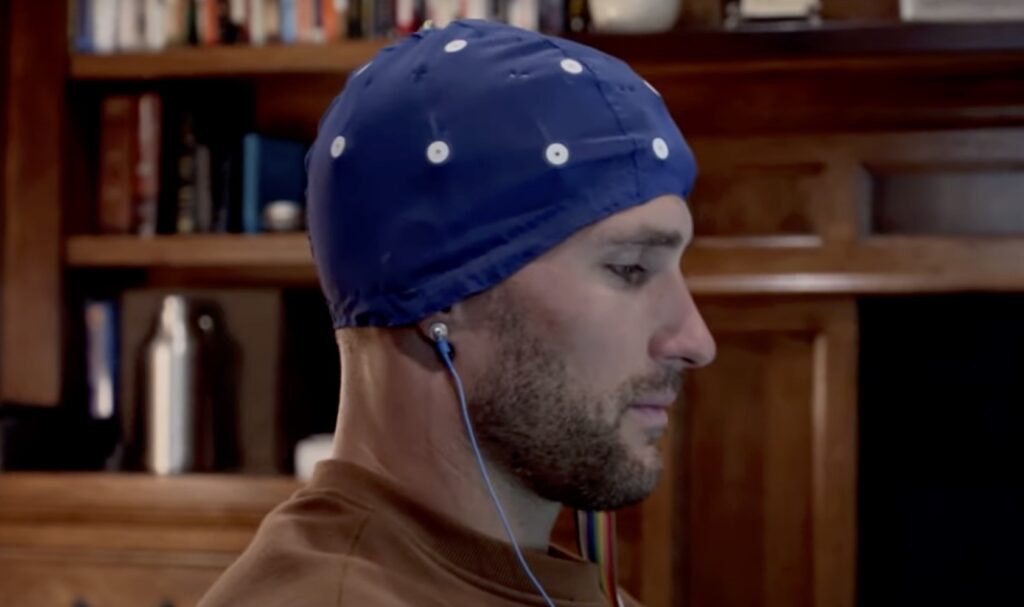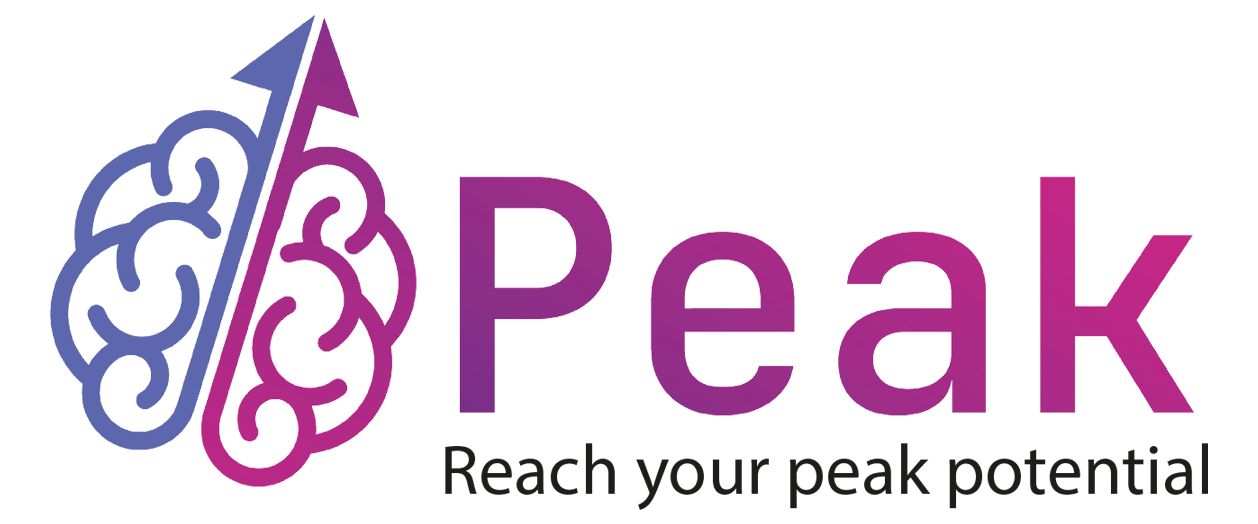Neurofeedback has quietly become a secret weapon for elite athletes looking to push their mental and physical limits. By training the brain to optimize focus, emotional regulation, and decision- making under pressure, neurofeedback helps athletes gain a competitive edge. This post highlights some of the world’s top athletes who have incorporated neurofeedback into their training and examines how it has positively impacted their performance.

1. Mo Salah – Football (Liverpool FC)
As one of the world’s top football players, Mo Salah has continuously sought ways to stay sharp on the field. Liverpool FC has incorporated neurofeedback into the team’s training programs, focusing on improving focus and cognitive resilience during crucial game moments. Salah, in particular, uses neurofeedback to enhance his mental performance, especially during set pieces, where maintaining focus and calmness under pressure is critical
Reported Benefits:
• Improved concentration during high-stress situations.
• Enhanced reaction time and decision-making on the field.
• Better emotional control during matches.

2. Kirk Cousins – NFL (Minnesota Vikings)
NFL quarterback Kirk Cousins has openly discussed his use of neurofeedback to improve his
game. Playing a mentally demanding position like quarterback requires rapid decision-making and
focus under extreme pressure. Cousins uses neurofeedback to train his brain for better mental
agility, helping him stay calm and composed while making split-second decisions during games
Reported Benefits:
• Enhanced mental clarity and composure.
• Reduced performance anxiety, leading to better focus during key plays.
• Faster cognitive responses in high-pressure situations.

3.Lewis Hamilton – Formula 1 Racing
Formula 1 is a sport where milliseconds count, and mental sharpness is critical to success. Lewis Hamilton, a seven-time Formula 1 World Champion, has embraced neurofeedback as part of his mental training routine. Neurofeedback helps Hamilton improve his focus and reaction time during races, allowing him to stay ahead of the competition
Reported Benefits:
• Improved reaction time and decision-making during races.
• Ability to stay mentally sharp and focused for extended periods.
• Better management of race-day stress and anxiety.

4.Olympic Athletes – Various Sports
Olympic athletes from various sports, including Elite Performers, archery, skiing, and gymnastics, have integrated neurofeedback into their mental training. Neurofeedback helps these athletes improve their focus and maintain composure during competitions where mental fortitude is just as important as physical strength
Reported Benefits:
• Improved focus and mental resilience during high-pressure moments.
• Enhanced control over stress and anxiety, leading to better performance.
• Sharper mental performance, contributing to better overall results in competition.

Insights from Coaches and Sports Psychologists
Many coaches and sports psychologists recognize neurofeedback as a valuable tool in modern athletic training. By enhancing cognitive performance and emotional regulation, neurofeedback allows athletes to achieve optimal performance consistently. Sports psychologists emphasize the long-term benefits of neurofeedback in helping athletes manage their stress levels and maintain focus during critical moments in their careers.
According to Dr. Tim Royer,
a neuropsychologist who works with professional athletes,
“Neurofeedback helps athletes perform better by aligning their mental states with optimal performance zones. It’s not just about physical training anymore; the mind plays an equally crucial role in winning.”

Conclusion: Neurofeedback as a Game-Changer in Sports
Neurofeedback has proven to be a game-changer for many top athletes around the world, from football players and NFL quarterbacks to Formula 1 racers and Olympic competitors. By fine-tuning their brainwave patterns, these athletes can stay calm under pressure, make quicker decisions, and maintain mental focus during critical moments in competition. As neurofeedback continues to gain recognition, more athletes are likely to incorporate it into their training regimens.
Interested in unlocking your potential with neurofeedback?
Contact Peak Centers to explore how neurofeedback can enhance your athletic performance.



